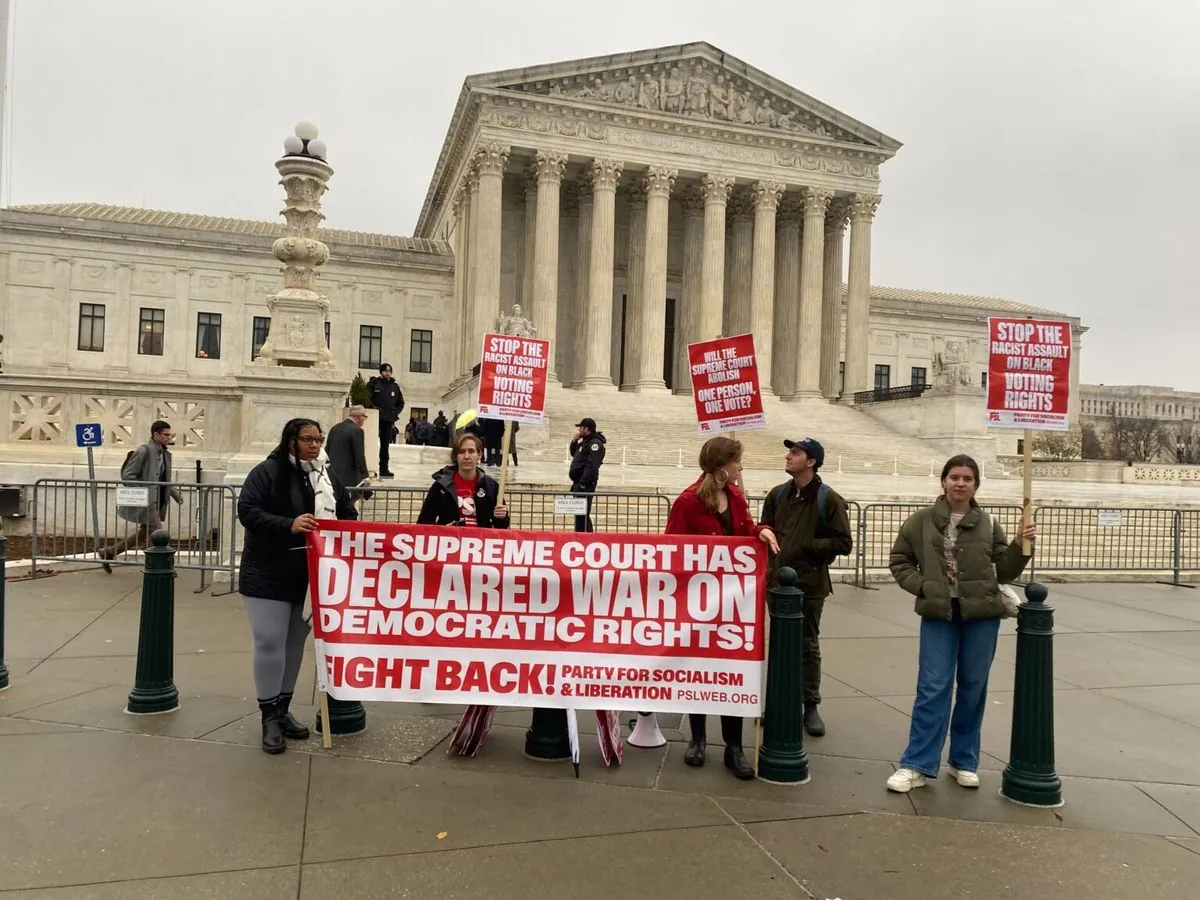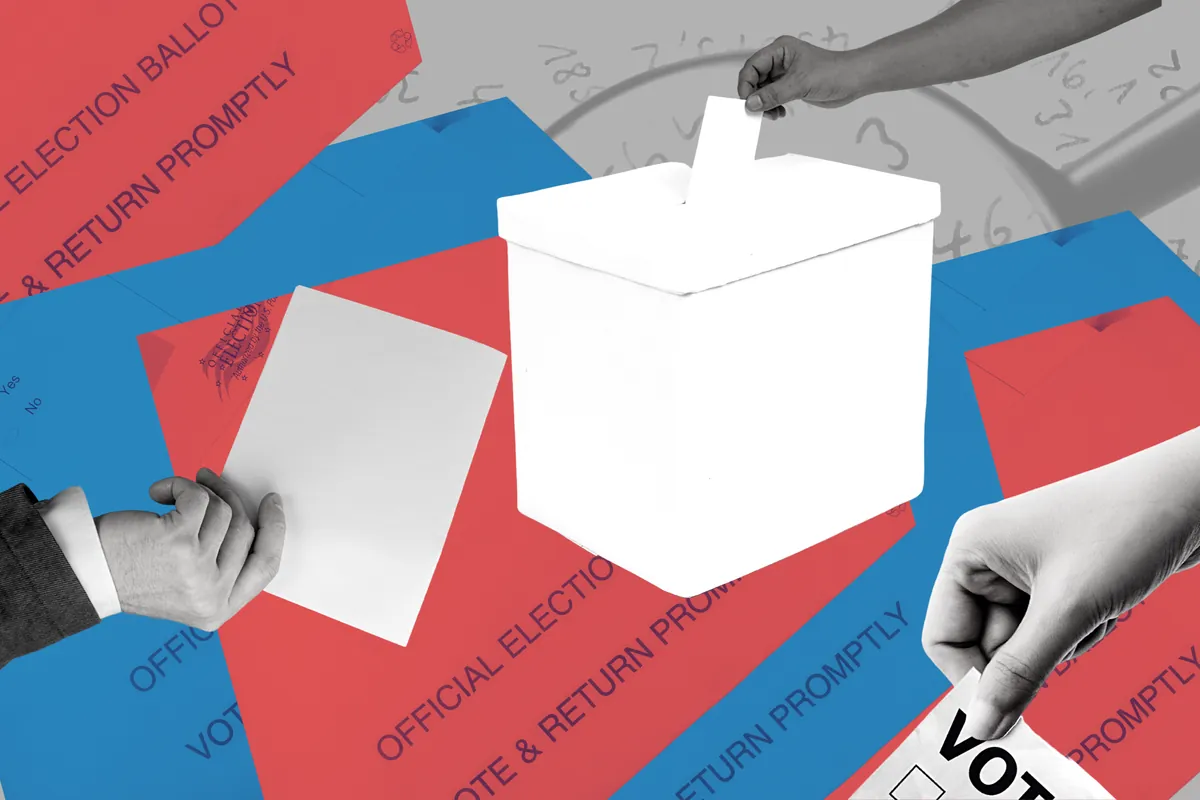North Carolina Halts Mail Ballots After Kennedy's Withdrawal Request
North Carolina's election preparations disrupted as court orders halt to mail ballot distribution following Robert F. Kennedy Jr.'s request for name removal. Decision impacts 130,000 requested ballots, causing logistical challenges.

In a surprising turn of events, North Carolina's election preparations have been thrown into disarray following a court decision to halt the distribution of mail ballots. This ruling comes in response to Robert F. Kennedy Jr.'s request to remove his name from the presidential ballot in the battleground state.
The decision, made by an anonymous three-judge panel of the North Carolina State Court of Appeals on September 6, 2024, has significant implications for the state's election process. The ruling affects approximately 130,000 North Carolinians who had already requested mail ballots, forcing election officials to redesign and reprint ballot materials.
This unexpected development is estimated to cost over $1 million and require a minimum of two weeks to implement. The financial burden will primarily fall on county election offices, many of which are already facing budget constraints.
Sara LaVere, director of the Brunswick County Board of Elections, expressed the challenges faced by election officials: "We had all of our ballots prepared and ready for distribution. Now we're in a holding pattern until we receive further instructions from the state board."
The decision has far-reaching consequences beyond just removing Kennedy's name from the ballot. Election officials must now redesign computer codes, adjust ballot layouts, and ensure accuracy on tabulation machines. Derek Bowens, elections director in Durham County, emphasized the complexity of the situation: "We're essentially starting from scratch with 21 ballot formats to redesign and produce."

North Carolina, one of the original 13 colonies, has a rich political history and plays a crucial role in presidential elections with its 15 electoral votes. The state has voted Republican in 9 out of the last 10 presidential elections since 1980, highlighting its significance as a battleground state.
The timing of this decision is particularly challenging, as it coincides with the federal deadline of September 21, 2024, for sending out overseas and military ballots. Karen Brinson Bell, Executive Director of the North Carolina State Board of Elections, has indicated that the state may need to request a waiver from the federal Election Assistance Commission to meet this deadline.
J. Michael Bitzer, a political scientist at North Carolina's Catawba College, pointed out the partisan nature of Kennedy's request, noting that he is only seeking to remove his name from ballots in battleground states. This move is seen as potentially benefiting the Republican nominee, whom Kennedy has endorsed.
The decision in North Carolina mirrors a similar ruling in Michigan, where Kennedy's request to remove his name from the ballot was also granted. However, a judge in Wisconsin denied a comparable request, highlighting the varying approaches across different states.
As election officials scramble to adapt to these sudden changes, the situation underscores the complex interplay between legal principles, partisan interests, and the practical challenges of administering elections. The outcome of this decision could have significant implications for the upcoming presidential race in North Carolina, a state known for its razor-thin margins in recent elections.
"It's going to be a tight turnaround. But this isn't the first time a last-minute decision has changed what we need to do in the middle of an election. We are pretty good at pivoting and lifting each other up."
As the situation continues to unfold, election officials across North Carolina are demonstrating their resilience and adaptability in the face of unexpected challenges. The coming weeks will be crucial in determining how this decision impacts the state's election process and, potentially, the outcome of the presidential race in this key battleground state.


































